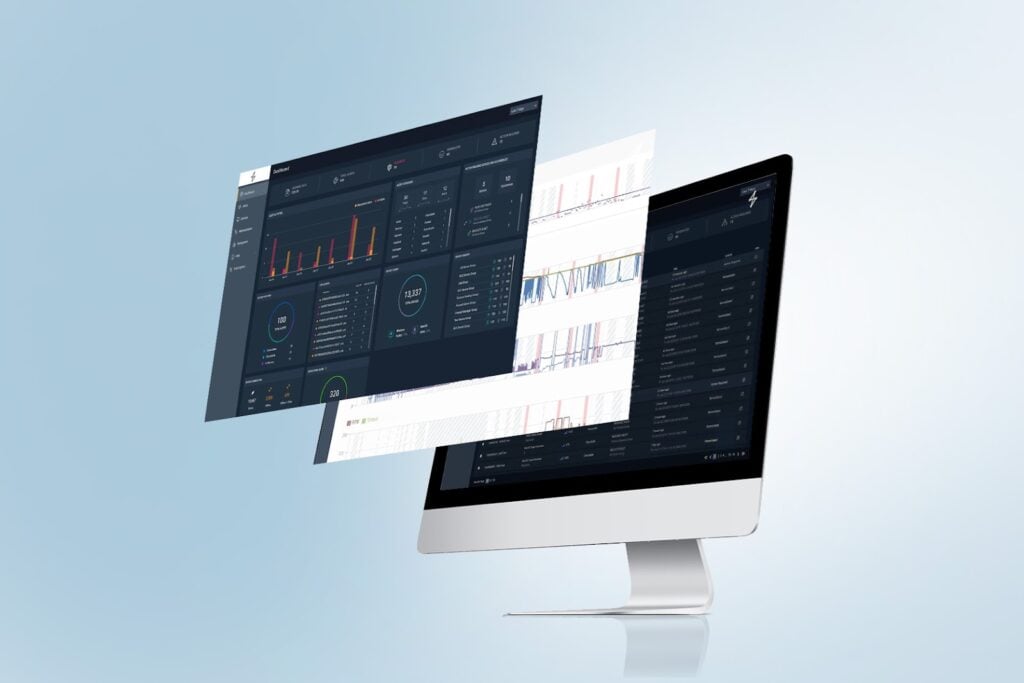In the 2022 installment of their Tech Trends Outlook, global strategy consulting firm McKinsey & Company offers its perspective on the current and future state of 14 of the most important technology trends taking place across the industrialized world. The first trend highlighted and explored in depth is applied artificial intelligence (AI), “applied” in this instance referring to applications in business and industry versus academia, personal use, etc.
The report delivers a wide range of detailed and thought-provoking insights, ultimately concluding that AI remains one of the highest-value opportunities available to corporate leaders today. Perhaps the most impressive finding is that as much as $10Tn—$15Tn in added value is at stake through AI-powered programs in the coming years,
McKinsey analytical methodology
The framework for evaluating each trend compares the level of innovation taking place in the field (as measured by patents filed and research conducted) against the level of interest (defined by online searches and news reports). In addition, each trend is evaluated for the level of industry adoption and amount of investment.
Applying these analytical dimensions, both currently and trended over time, provides a comprehensive analysis of not only the direction of each trend but also its position relative to the other 13 described in the report.
The following chart shows the net result of this analytical framework. It makes plain what those working in the field already know very well, i.e., that the level of research and innovation in AI is dramatic. And not only is the current level of innovation significant, but the growth rate over the past four years is equally impressive.

Breaking down the results
For this analysis, “AI” encompasses all the significant areas of endeavor in this field, i.e., deep machine learning, natural language processing, computer vision, and knowledge graphs. Background data for the report comes from numerous sources, including the 2021 McKinsey Global Survey on the State of AI, in which 56% of respondents indicated that their firms had adopted AI in some form. This represents a 12% increase from the 50% response to the same question one year prior. Worth noting as well; 27% of survey respondents attributed 5% or more of their EBITDA to AI.
McKinsey analysts tabulated $165B in 2021 investment in AI, with leading investments coming from industries as diverse as aerospace/defense, agriculture, and retail. The report goes on to describe several specific applications of the technology as they are being applied in more than a dozen different industries. Examples include:
- Metals and mining—improving worksite process optimization to maximize efficiency through the use of digital twins to generate visual models of remote sites.
- Real estate—providing personal property recommendations and conducting market analyses to aid developers in mitigating risk and price volatility.
- Healthcare systems and services—automating pathology recommendations and aiding in diagnosis decision support.
The breadth of industry applicability and specific applications is already dramatic, indicating that these trends will continue to grow in the coming years.
Risks and uncertainties
The report also describes numerous challenges that attend implementation of AI technologies, all of which adopters must keep in mind as they seek to realize the many benefits of this rapidly-growing technology.
- Resource constraints—Finding suitably skilled staff and available funding for new initiatives can be difficult.
- Cybersecurity and privacy issues—With rapidly growing quantities of data come equally challenging requirements for safely managing and securing this information.
- Regulation and compliance—The uncertain future of government involvement in AI-related programs makes this a wild card in program implementation.
- Ethical considerations—Explainability, data governance, and the potential for data biases are crucial issues to consider in managing the effective and trusted use of AI applications.
The report goes on to break down the quantitative results along several key dimensions, including geography, industry type, and organizational function. In addition to the 12% global growth rate cited earlier, key statistics include:
- 94% improvement in training speeds for AI models since 2018
- 30X growth rate in patents filed between 2015 and 2021 (CAGR of 77%)
- $93.5B in private investment in 2021 (double from 2020)
Of the $10-15T in added value that is potentially up for grabs from AI-powered programs, marketing/sales and supply chain management and manufacturing are likely the two biggest beneficiaries, with as much as $3.3B—$6B and $3.6—$5.6B respectively.
Other key figures from survey respondents included 67% who reported revenue increases and 79% who reported operating cost decreases attributable to their AI programs. The report breaks results down even further into not only industry verticals but also functions within each of these industries, including such areas as marketing, sales, human resources, supply chain management, and numerous others.
The AI Opportunity
McKinsey’s thorough analysis finds that AI has been and remains one of the fastest-growing and most high-value pursuits corporate leaders can undertake today. A particular challenge for new adopters will be identifying the areas of greatest opportunity in their organization—a critical decision as selecting early winners will be key to maintaining the momentum needed to ensure the success of longer-term undertakings. Without question, though, artificial intelligence will be a critical determinant of organizational success in the years and decades to come.
SparkCognition’s AI offerings include all of the categories featured in McKinsey’s latest Tech Trends Outlook. Our experience spans a wide range of industry verticals from oil/gas and electric power to finance and retail. Visit www.sparkcognition.com to learn more about how you can begin your AI journey today.
















